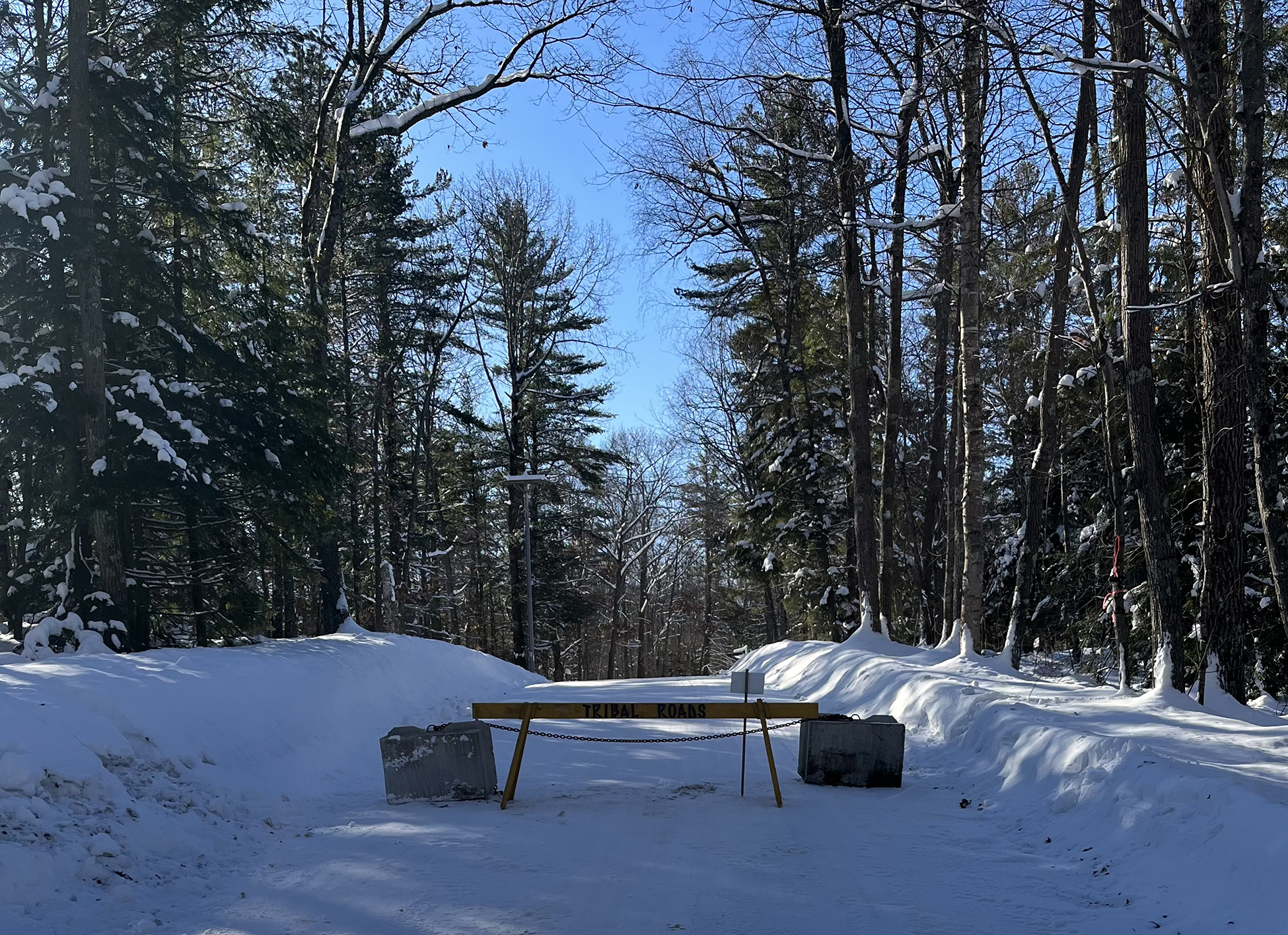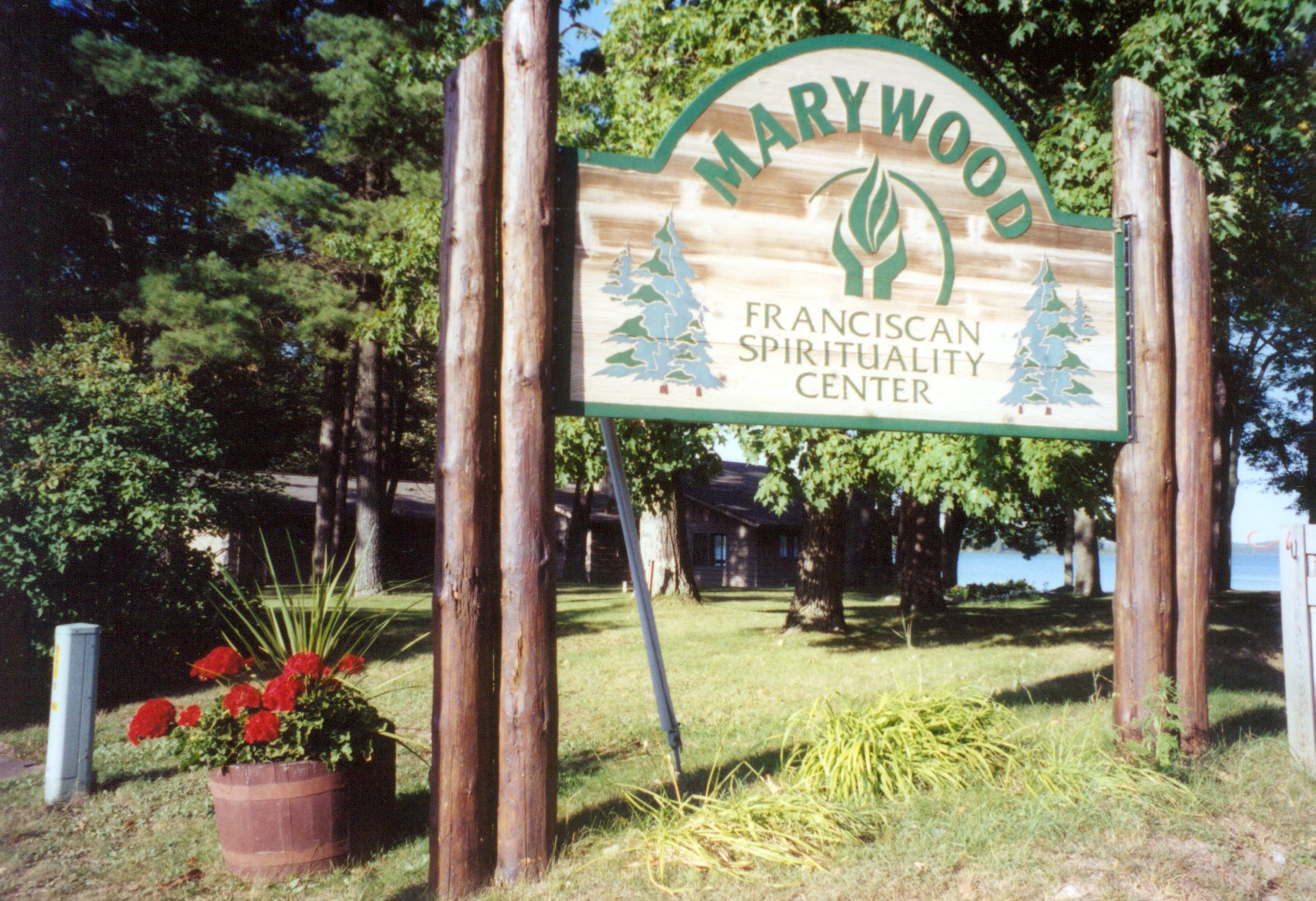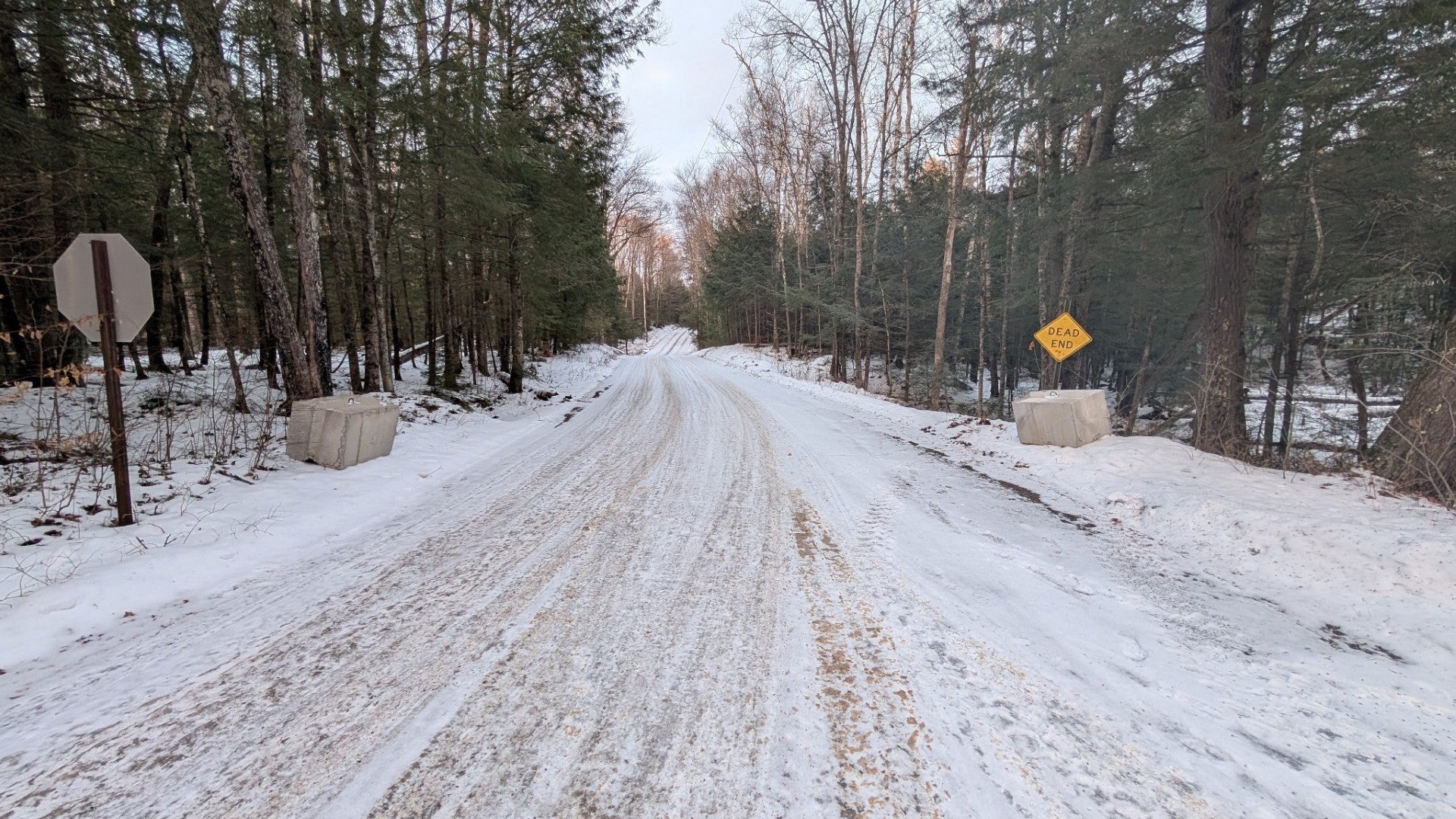A northern Wisconsin tribe and a nearby town have reached an agreement to temporarily reopen roads that cross reservation land, freeing access to non-tribal homes.
The Lac du Flambeau Band of Lake Superior Chippewa will remove barricades on four roads owned by the Town of Lac du Flambeau in exchange for a total of $60,000. The temporary agreement will keep the roads open for 90 days as the parties continue to negotiate a dispute over property easements.
In a written statement, Lac Du Flambeau Tribal President John Johnson, Sr. said the temporary deal will “provide a window of opportunity” for the town and two title insurance companies to “make a viable offer” for renewed right of way easements that expired more than a decade ago.
News with a little more humanity
WPR’s “Wisconsin Today” newsletter keeps you connected to the state you love without feeling overwhelmed. No paywall. No agenda. No corporate filter.
“To be crystal clear, the Tribe still expects compensation for unauthorized land use and disregard of our private property,” Johnson wrote. “This includes expenses incurred over 10 years as well as terms to protect Tribal Lands from unauthorized use, so future generations of Tribal Membership can live peacefully without worry.”
The tribe is seeking $20 million for new road agreements, past attorney’s fees and what they argue is a decade of trespassing. The barricades were installed across four roads by the tribe on Jan. 31, after negotiations for new easements with the town and two title insurance companies broke down. About 65 property owners were unable to access their homes by car while the roads were blocked.
Johnson said the town and companies have disregarded the tribe’s sovereignty, which allows them to enforce laws and regulations “to preserve and protect the 12-by-12 square mile reservation we have remaining after ceding millions of acres of land to the federal government.”
Dave Kievet is one of the homeowners whose access has been blocked since late January. He told Wisconsin Public Radio he attended an emergency town board meeting on Saturday, where the tribe’s temporary offer was accepted.
“The tribe being proactive in issuing, at least, this offer gives me hope that we’ll be able to reopen negotiations between the tribes and the town, to be able to reach some sort of mutually agreeable settlement that allows anybody to get back to their homes on a permanent basis,” Kievet said.
He and other homeowners have been crossing a frozen lake on snowmobiles to access their vehicles. Kievet said the 90-day reprieve is especially important as temperatures are expected to rise in the area next week.
“It’s only a matter of time before that ice starts melting,” Kievet said. “So, reaching an agreement with the tribe is critically important for everybody’s safety.”
The dispute has already landed in court, with attorneys representing the homeowners filing a federal lawsuit on Feb. 28. It claims the tribe “took the law into their own hands and illegally barricaded public roadways” that attorneys say must be kept open for public use under federal law.
On March 10, a federal judge denied a motion seeking a restraining order against the tribe that would have forced the removal of the barricades. U.S. District Judge William Conley denied the request, stating plaintiffs “have not shown that injunctive relief is warranted without giving defendants and opportunity to be heard.”
Wisconsin Public Radio, © Copyright 2026, Board of Regents of the University of Wisconsin System and Wisconsin Educational Communications Board.





